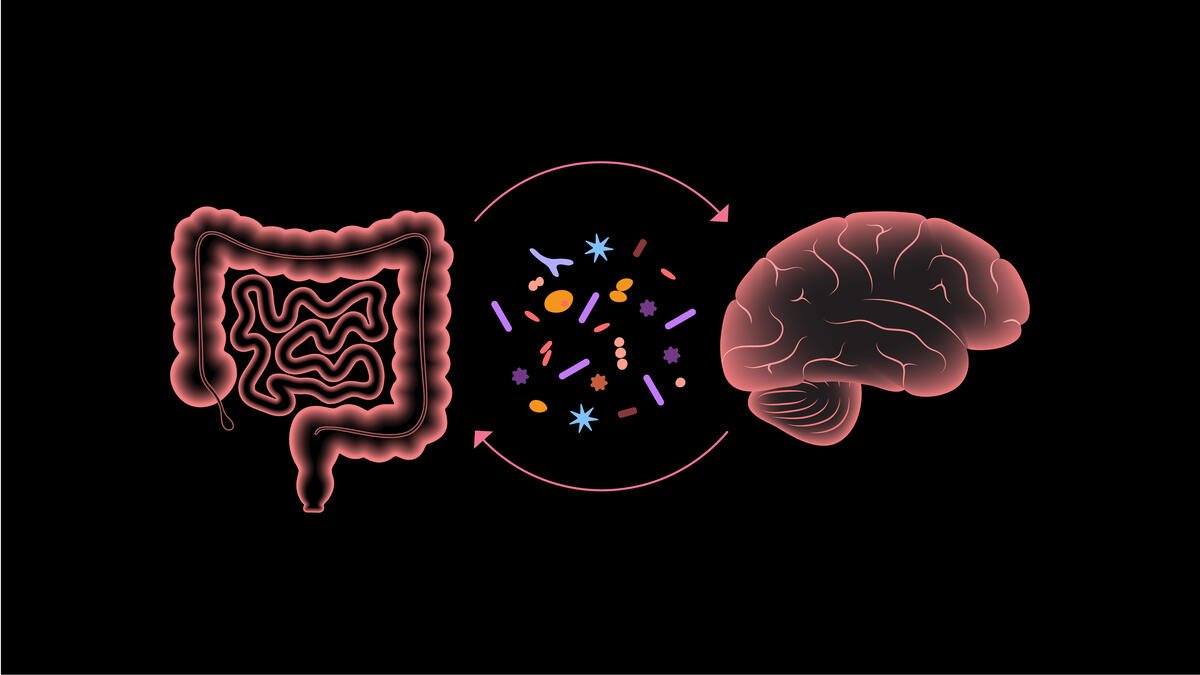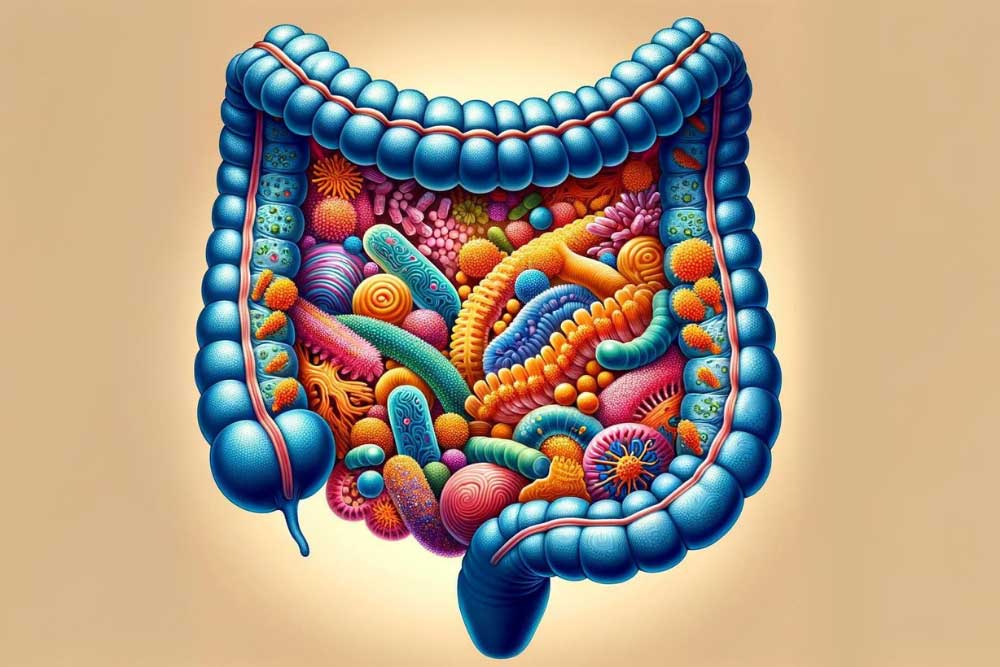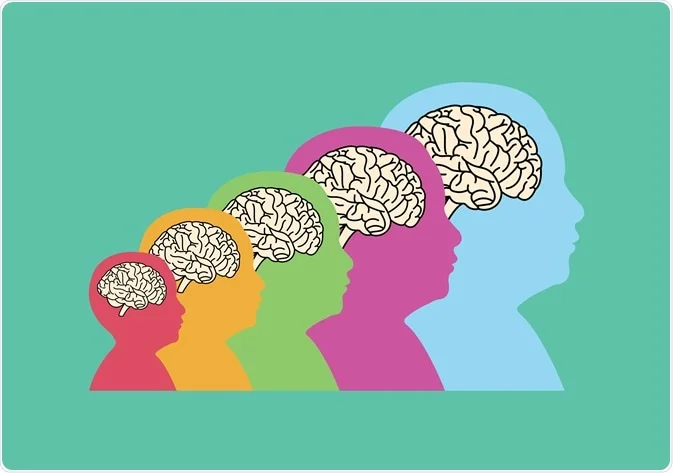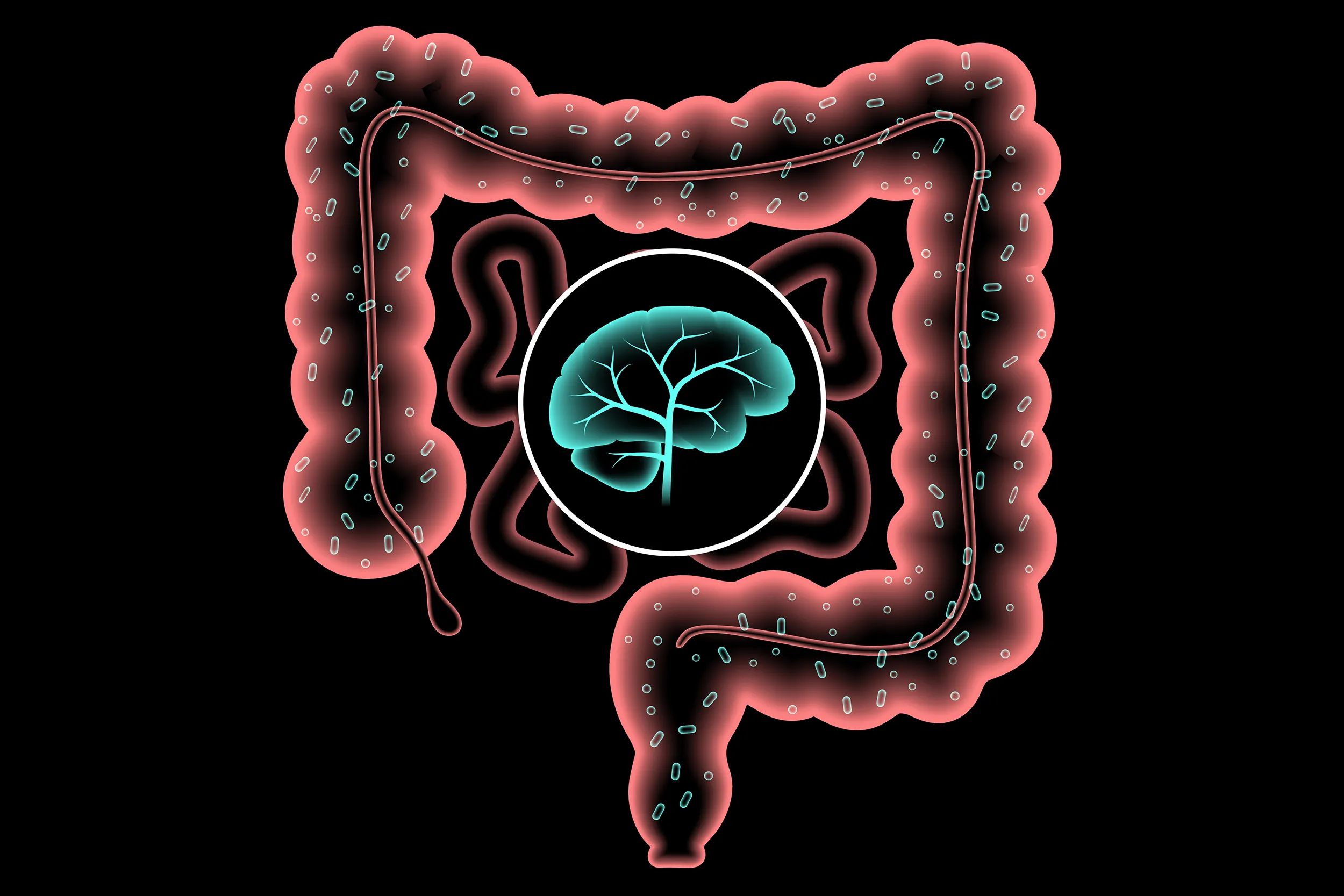
When discussing autism, bacteria is not the word people associate with it. However, the microbes that naturally live in our bodies affect children's brain development, especially their gut microbiome. Microbiomes are defined as a collection of microbes such as bacteria, fungi, viruses, and their genes. They contribute to human health and wellness by protecting us against pathogens, helping our immune system develop, and enabling us to digest food to produce energy.

Changes in microbiomes can cause various diseases and disorders; thus, it is important to keep our guts healthy, primarily during childhood. Before we jump into the gut-brain connection, let’s understand the significance and connection between brain and gut health.
Brain Development – A Crucial Stage in a Child’s Overall Growth
Given that autism is a childhood neurodevelopmental disorder, recognizing the importance of early brain development is crucial. The initial years of a child’s life are crucial for their future health and development. Providing the right care for children, beginning before birth and continuing throughout their childhood, helps their brains develop fully.

The first five years of a child's life are crucial for its brain development, and early brain development has a lasting impact on a child’s ability to learn and succeed in school and life. The quality of a child’s experiences in the first few years of life—positive or negative—helps shape how their brain develops. To learn and grow appropriately, a toddler's brain has to be healthy and protected from diseases and other risk factors. Promoting the development of a healthy brain can start even before pregnancy. For example, a healthy diet and the right nutrients, like sufficient folic acid, will promote a healthy pregnancy and a healthy nervous system, nourishing the baby.
The brain is the command center of the human body. A newborn baby has all of the brain cells (neurons) that they’ll have for the rest of their life, but it’s the connections between these cells that make the brain work. Brain connections enable us to move, think, communicate, and do just about everything. Different areas of the brain are responsible for different abilities, like movement, language, and emotion, and develop at different rates. The early years are the best opportunity for a child’s brain to develop the connections they need to be healthy, capable, and successful adults. The connections needed for many important, higher-level abilities like motivation, self-regulation, problem-solving, and communication are formed in these early years—or not formed. It’s much harder for these essential brain connections to be formed later in life.
Gut Health is More Important Than You Think
“Gut health” describes the function and balance of bacteria in the many parts of the gastrointestinal tract. All food is ultimately broken down in the gut into a simple form that can enter the bloodstream and be delivered as nutrients throughout our bodies. This is only possible with a healthy digestive system. A healthy gut contains healthy bacteria and immune cells that avert infectious agents; it communicates with the brain through nerves and hormones, which helps maintain our general health and well-being. Everyone at some point experiences digestive problems such as abdominal pain, bloating, loose stools, constipation, heartburn, nausea, or vomiting. When symptoms persist, it may be a sign of an underlying problem that needs immediate medical attention.

These bacteria are like other living things. They have genes and even enzymes that can interact with different parts of the body, such as the brain. Your gut acts as a second brain because it releases so many neurotransmitters that affect our mental health functions. A good 90% of serotonin and dopamine are produced in the gut. So if your gut is unable to produce these natural mood stabilizers appropriately, you can be at serious risk for disorders like depression and anxiety. Poor gut health can lead to a higher risk of heart disease. It may also put you at risk for obesity-related conditions such as diabetes, and too many bad gut bacteria can cause inflammation throughout the body. Inflammation can trigger any number of issues, from allergies to more serious diseases like Alzheimer’s.
Gut Microbiome and Autism
Gut bacteria may contribute directly to the development of autism-like behaviors, according to the results of a new study on mice. Researchers from the California Institute of Technology (Caltech) in Pasadena built on the work of previous studies that identified differences in the microbiomes of people with and without autism spectrum disorder (ASD). In their study, the Caltech researchers used laboratory mice. They transplanted bacteria from the guts of children with ASD into one group of mice, and to create a control group, they transplanted gut bacteria from people without autism into another group of mice.

The Caltech team found that the mice with transplanted microorganisms from children with ASD began to exhibit behaviors similar to those that are characteristic of autism in humans. These mice were less vocal than the mice in the control group. They also tended to engage in more repetitive behaviors and spend less time interacting with other mice. The brains of the mice that received microbiota from autistic children also exhibited alterations in gene expression, and the researchers noticed changes in the levels of molecules called metabolites. In particular, the metabolites 5-amino valeric acid (5AV) and taurine were present at lower levels in the brains of the mice with the ASD microbiota.
The team was interested in finding out what would happen if the levels of 5AV and taurine in these mice became elevated. The study found that treating the mice with either 5AV or taurine led to noticeable decreases in the characteristic ASD-like behaviors of the mice. And, when the researchers examined brain activity in these mice, they found a strong link between increases in the levels of 5AV and decreased excitability in the brain. This research provides clues into the role that the gut microbiota plays in neural changes that are associated with ASD.
Healthify your Gut Health
There is much other research conducted that suggests a relationship between gut health and autism. The gut microbes affect the way you store fat, how you balance levels of glucose in your blood, and how you respond to hormones that make you feel hungry or satiated and produce neurotransmitters that regulate your mood, including serotonin and dopamine. Over the last few decades, emerging researchers have discovered links between gut health and the immune system, mood, and mental health and have suggested it may play a role in autoimmune diseases, skin conditions, and even cancer. In other words, you might be able to prevent and resolve several physical and mental issues by simply taking care of your microbiome.


.png)


